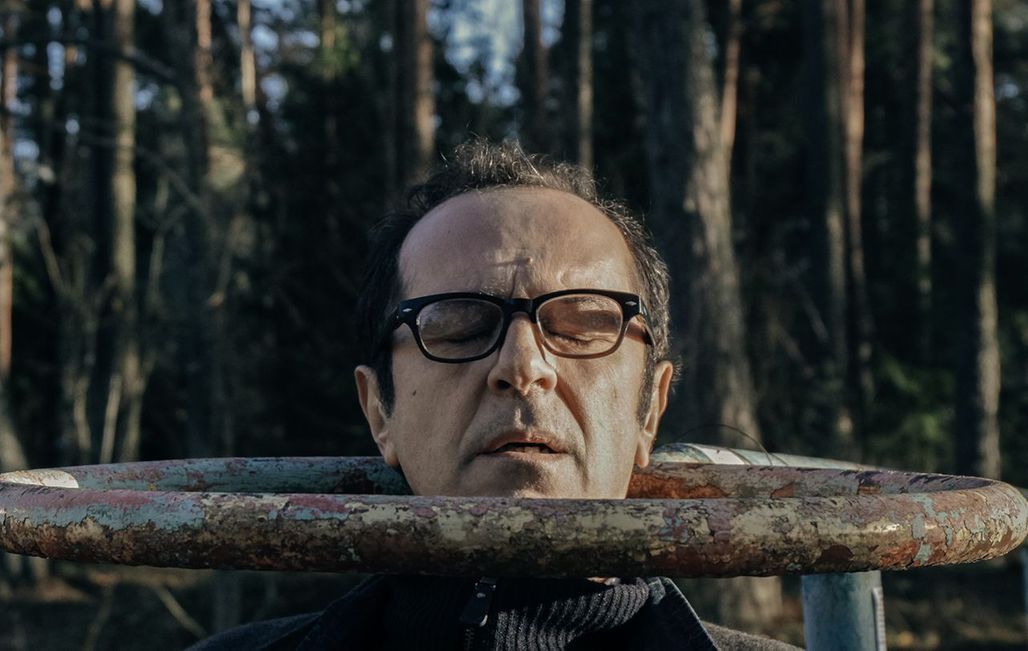
Delo, as seen by Aleksey German Jr

For his first appearance at Cannes, as part of Un Certain Regard, the Russian filmmaker and scriptwriter Aleksey German Jr offers us in Delo (House Arrest) the isolation of a university professor placed under house arrest after accusing the mayor of corruption on social networks. A hard-hitting film shot in the midst of a pandemic, it evokes notions of imprisonment and deprivation of freedom.
What initially inspired you to make this film?
I wrote the screenplay with Maria Ogneva, long before the pandemic. I'd always wanted to make a courtroom drama. One day I said to myself: "What happens to a defendant outside the court? I came up with the idea of locking up a person under house arrest. They can't go out and are forced to look back on their life: it's a new dimension. The isolation, challenging, oppressive and overwhelming, sheds a totally new light on the protagonist, the world around him, and his friends..
What is your working method? How did the filming go?
I started working together with my wife: first she immerses herself in the atmosphere of the story, then creates a world from scratch. She reflects on it for the longest time and then suddenly a set appears. She searches for the imagery that the set should reflect. When we start shooting, we take the written scenes and, most of the time, we completely transform them, reinterpret them, and look for what doesn't ring true. Through rehearsals, we get rid of the superfluous and improvise a lot. The actor has to dive into himself to find his happiness or unhappiness, his comfort or discomfort and make the protagonist's pain his own. It is a difficult process for the actors, but it seemed to me that in this drama of confinement, the shared sorrows would make it possible to reach the truth.
Tell us something about your actors?
I try to be as sincere as possible with them. We rehearse a lot and I do a lot of takes. Sometimes they're the ones who don't think they're getting it right, sometimes it's me; sometimes we also find that the dialogue is too literary or that a sequence lacks emotion. Let's say we do our embroidery together. I always try to make it a joint effort, so that together we seek the truth, even if it can be painful.
What made you want to become a filmmaker? What were your sources of inspiration?
I became a director by chance. I wanted to be a theatre critic or a scriptwriter. I always found words, the paper, more interesting than directing.
Can you tell us about your next project?
I've resumed shooting another film, Air, about the first Soviet women aviators during the Second World War, which we had to interrupt because of the pandemic. It is a complicated project, difficult to shoot in Russia. We have great global ambitions but the budget is relatively modest. We have to do everything from scratch, build everything…


